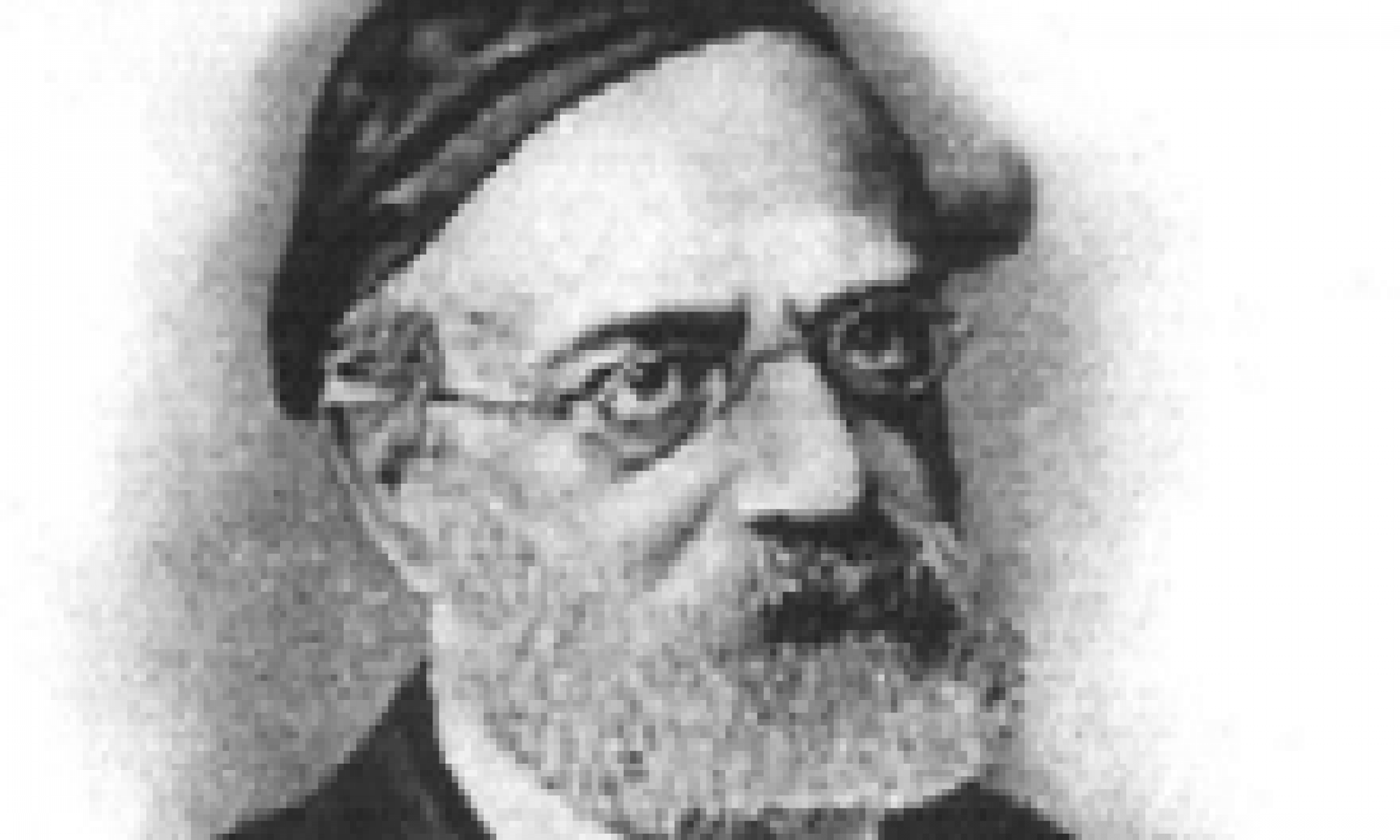Midrash Rabbah, 23:2, teaches that all of Kayin’s descendants’ names allude to a rebellion against God that continued with each generation. RSRH suggests a creative interpretation of these names, each one symbolizing the essence or a critical component of that generation.
חנוך: This name means development and training. Without the land flourishing, Kayin was forced to rely on the abilities that are innate in every person and bring them from potential to reality. He created a structured system teaching his decedents how to harness their talents.
עירד, related to the word ערוד (which means a wild ass) means resistant. Chanoch attempted to train the next generation toward culture but this was met with resistance.
מחויאל means מחוי אל – one in whom godliness has been blotted out. Later in the same verse he is called מחי יאל – מחייאל meaning one who blotted out godliness. – At first, the young generation refuses to become boxed in and accept the development towards culture. As the generation became older it became worse and became proactive in seeking to blot out godliness in others around them.
מתושאל means seeking masses of people.
למך – When masses of people form the next stage is למך (Hirsch doesn’t know what that means and leaves this stage unexplained.)
למך had three sons: יבל, יובל ותובל קין All three stemming from the root יבל which means to bring in. These three sons encompass all of man’s pursuits as follows:
יבל was the first man of property. The verse tells us he was the father of those who dwell in tents and breed cattle. This represents merchants and tradesmen. The basis of every economy.
- As the cultural level rises, man aspires from something higher than just possessions. This leads to….
יובל which is in the passive form is the opposite of יבל. He produces nothing. Produce is brought to him. יובל produces nothing tangible and is supported by businessmen. The verse teaches that יובל introduced music to the world.
- God departed from Kayin’s world which brought about a loss of inner harmony. Seeking to regain that, man seeks inner harmony through external stimulation. It awakens feelings and sensitizes the soul.
The prerequisite for industry and art is…
תובל means “production” – The very act of production. תובל created tools that enable production. He is named תובל קין indicating that he was Kayin’s major production and achievement.
Tuval Kayin’s sister is נעמה which means beauty. Beauty and taste added to industry is the start of progress. This combination is the first step towards higher values.
In this way, Kayin regains his ground. He no longer needs the produce of the field. His mind is his field. The villages bring their produce to the city. In return they receive all the benefits of urban industry.
However this replacement of God is hollow and unsatisfying. Kayin laments that he has gained nothing and has undone his past and his future. More on that in the next post.

